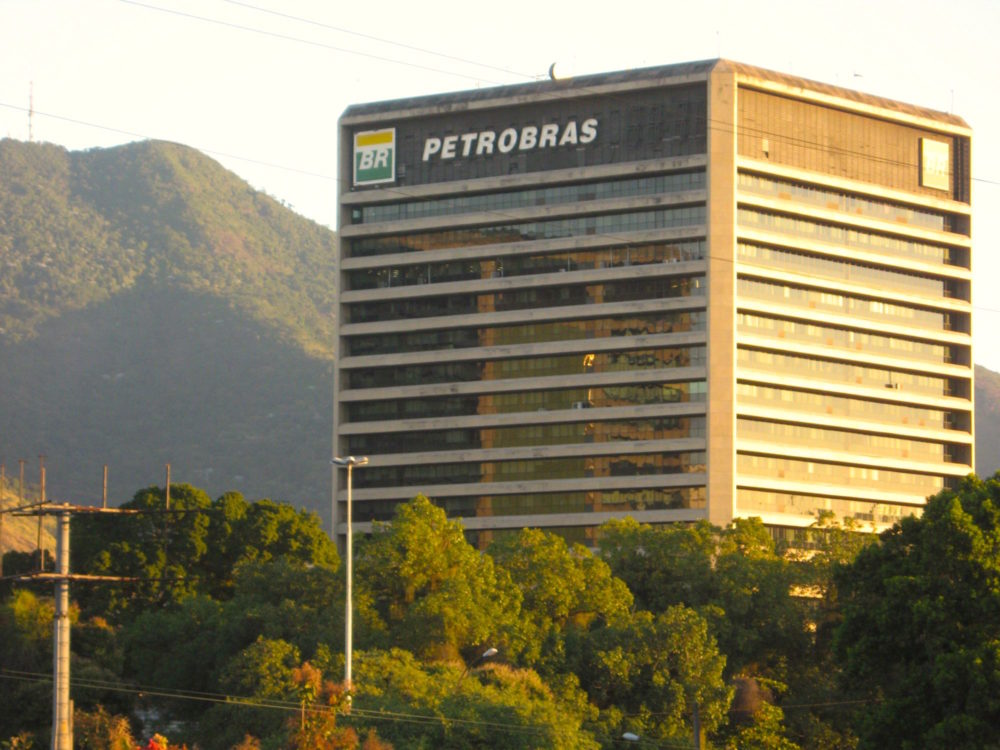An American investment fund, EIG Energy Fund XIV, lost $221 million in a corrupt oil-drilling scheme in Brazil run by its state-owned oil company, Petrobas. EIG tried to sue Petrobas, and on Tuesday (July 3), it won a key victory in the D.C. Circuit: It won the right to sue.
The scheme was pretty simple: solicit U.S. investors and use the money to pay kickbacks and bribes to public officials. But the corruption was eventually uncovered and prosecuted by Brazilian authorities, leaving U.S. investors “with nothing but worthless shares.”
When EIG tried to recover the losses from Petrobas in federal court, Petrobas claimed sovereign immunity, the doctrine that shields governments and their instrumentalities from being subject to the jurisdiction of U.S. courts. If Petrobas were covered by sovereign immunity, the U.S. courts would have no power over it.
Because Petrobas is state-owned, it is presumptively immune under the Foreign Sovereign Immunities Act, but there is a “commercial activity exception” to that presumption. The exception requires an act of a foreign state that takes place outside the U.S., in connection with commercial activity, and with a direct effect in the United States. In this case—formally known as EIG Energy Fund XIV v. Petroleo Brasileiro—the fight was all about whether Petrobas’s behavior caused a “direct effect” in the United States.
The court said it did. Writing for a divided panel, Judge Henderson (joined by Judge Wilkins) said that because Petrobas targeted U.S. investment, intentionally concealed the corruption, and caused the loss suffered by Americans, it could get hailed into a U.S. court.
Judge Sentelle dissented, relying on the fact that EIG had structured its investment through a Luxembourg shell company. He said that there was nothing to “mandate a conclusion that a loss suffered by a Luxembourg entity, owned by another Luxembourg entity, in turn owned by United States entities, constituted a direct effect in the United States.”
Tuesday’s ruling, of course, is only step one. Now EIG must prove its case in the district court.
![]()

